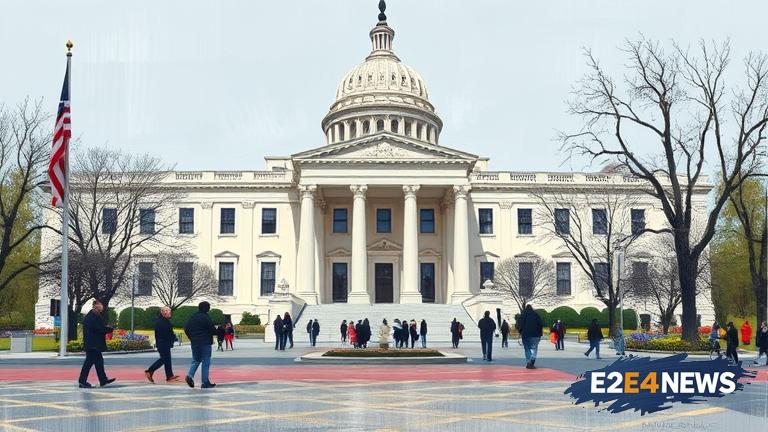The DC Council has recently approved funding for the implementation of a rank choice voting system, a move that is expected to have a significant impact on the city’s electoral process. This new system will allow voters to rank candidates in order of preference, rather than simply selecting a single candidate. The funding approval is a major milestone in the efforts to implement rank choice voting in DC, which has been a topic of discussion for several years. Proponents of the system argue that it will lead to more civil and issue-focused campaigns, as well as a more accurate reflection of the voters’ preferences. The rank choice voting system is already used in several cities and states across the US, including San Francisco, California, and Maine. The DC Council’s decision to approve funding for the system is seen as a major victory for voting rights advocates, who have been pushing for the implementation of rank choice voting in the city. The new system is expected to be implemented in time for the 2024 elections, and will be used for all citywide and ward-level elections. The funding approved by the DC Council will be used to cover the costs of implementing the new system, including the purchase of new voting equipment and the training of election officials. The implementation of rank choice voting is expected to increase voter turnout and engagement, as well as reduce the influence of money in politics. The system is also expected to lead to more diverse and representative elected officials, as it allows voters to express their true preferences without fear of ‘wasting’ their vote on a candidate who may not win. The DC Council’s decision to approve funding for rank choice voting has been praised by voting rights advocates and community leaders, who see it as a major step forward for democracy in the city. However, some critics have raised concerns about the potential complexity of the new system, and the need for voter education and outreach to ensure a smooth transition. Despite these concerns, the implementation of rank choice voting is widely seen as a positive development for the city, and a major step forward for voting rights and democracy. The DC Council’s decision to approve funding for the system is a testament to the city’s commitment to innovative and inclusive electoral practices. As the city moves forward with the implementation of rank choice voting, it is likely to serve as a model for other cities and states looking to reform their electoral systems. The implementation of rank choice voting is also expected to have a positive impact on the city’s communities of color, who have historically been disenfranchised by the current electoral system. Overall, the DC Council’s decision to approve funding for rank choice voting is a major victory for democracy and voting rights in the city, and is expected to have a lasting impact on the city’s electoral process.
